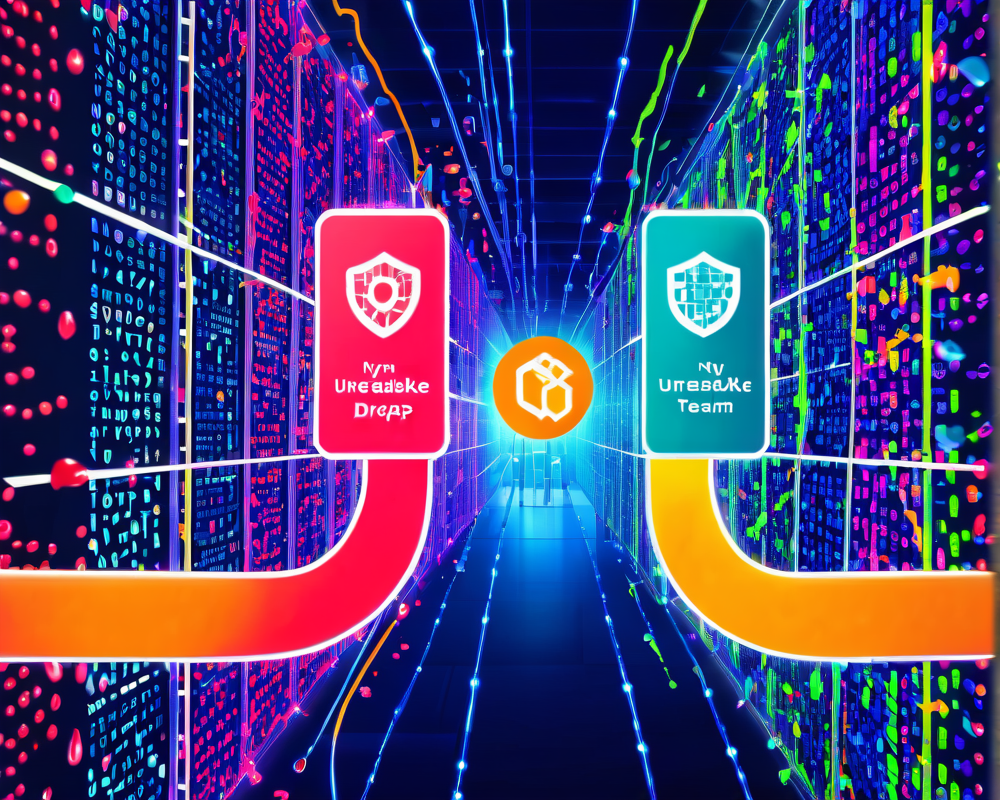Arrest of Crypto Smuggler in Iran
In a surprising turn of events, Iranian authorities have nabbed a truck driver carrying a hefty load of cryptocurrency mining machines. The Saveh Police Department’s Anti-Trafficking Police reported seizing a truck equipped with 117 mining machines valued at a jaw-dropping 11.7 billion Iranian rials (roughly $277,876). Sardar Kiomars Azizi, an official from the Police News Agency, confirmed the arrest and equipment confiscation, highlighting the serious nature of cryptocurrency trafficking.
The Regulatory Rollercoaster
Interestingly, this bust comes on the heels of the Iranian government’s recent decision to regulate cryptocurrency mining as a legitimate industrial activity. As of July, miners must now obtain a license from Iran’s Ministry of Industry, Mine and Trade. However, there’s a catch: while mining itself is now subject to regulation, using cryptocurrencies for domestic transactions remains strictly prohibited. Talk about a mixed message! It seems like authorities want to play both sides, allowing the industry to thrive, but not without strings attached.
No License, No Problem? Not Quite!
Despite the government’s apparent green light, the Deputy President of Iran Customs Administration, Jamal Arounaghi, revealed that no licenses for importing mining equipment had been issued. This puts miners in a tricky position: they can mine crypto legally, but must source their equipment through potentially illicit channels. It’s like having a bakery where you can sell bread, but you’re not allowed to buy flour!
Electricity Pricing Confusion
In July, the Iranian Economic Commission rolled out a new electricity pricing scheme tailored for cryptocurrency miners. While Energy Minister Homayoon Ha’eri hinted that pricing will be influenced by market factors, such as fuel costs in the Persian Gulf, he left out important details. Notably, Ali Bakhshi from the Iran Electrical Industry Syndicate suggested a price of $0.07 per kilowatt hour — fair enough for consuming power, but can miners really turn a profit juggling such rates?
Bitcoin: A Double-Edged Sword for Iran
In a previous statement, Central Bank Governor Abdolnaser Hemmati expressed concerns that Bitcoin mined in Iran should ideally contribute to the nation’s economy, rather than being channeled overseas. However, with the regulatory landscape fluctuating like a pendulum, miners might find it more enticing to transport their digital assets abroad rather than navigate an unforgiving domestic climate. The stakes are high, and the future of crypto in Iran hangs in a delicate balance.




